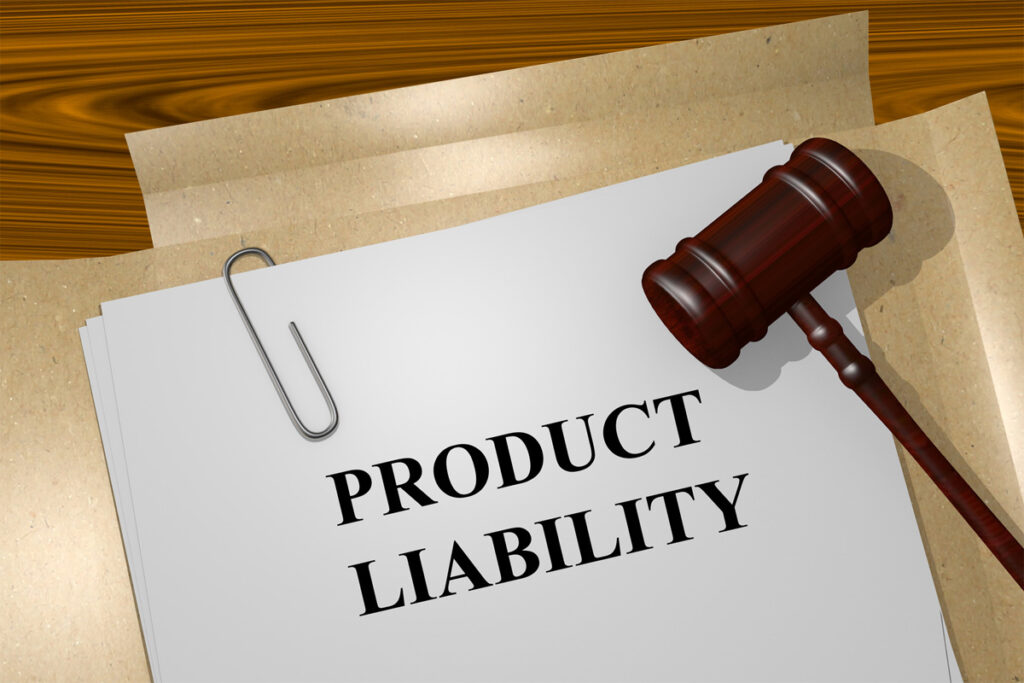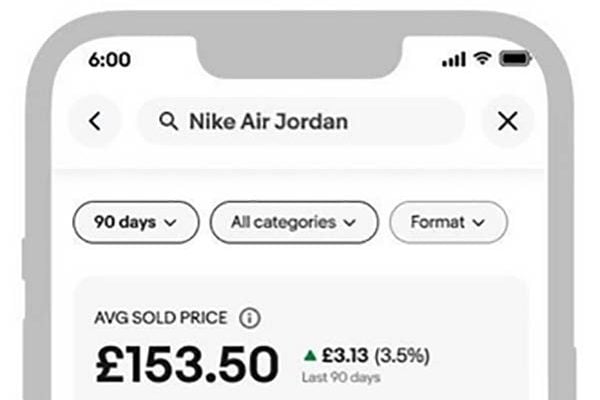A ruling in a US court has for the first time suggested that Amazon could be responsible for defective products sold by their third party merchants. This has far reaching implications as, if upheld, it could ultimately lead to marketplaces being accountable for all products sold on their platforms and this would include cases where the merchant isn’t even in the country.
In the UK, as the law stands, if there is an importer then they are responsible for products that they sell. However with the rise of Chinese sellers who will happily close and account and reappear with a new account if they are suspended, there is no accountability for who imports the product and no UK based retailer to hold liable. If marketplaces become liable for defective products sold by these transient sellers then that would be a game changer and of course at the same time marketplaces would also become liable for defective products sold by domestic sellers.
In the US case, Amazon were sued by a lady who purchased a retractable dog lead which snapped and recoiled hitting her in the face, breaking her glasses and blinding her in one eye. This was back in 2016 and since then the merchant who sold the product on Amazon and shipped directly to the customer has disappeared with no trace to be found. Neither Amazon nor the plaintiff have been able to locate anyone connected with the merchant business.
That leaves just Amazon to be sued and the 3rd U.S. Circuit Court of Appeals in Philadelphia has reversed a lower court decision and said that Amazon could be held liable.
The plaintiff’s lawyer told Reuters: “It’s gratifying that the 3rd Circuit agreed with our argument and recognized that the existing interpretation of product liability law in Pennsylvania was not addressing the reality, the dominance that Amazon has in the marketplace”.
The ruling which was a 2-1 majority ruling from the three judges decided that Amazon could be held accountable as they do in part allow third party merchants to shield themselves from customers.
Whilst the ruling is likely to be appealed and US State laws vary dramatically between states, this ruling could ultimately lead to marketplaces adding in much more stringent reporting of who their merchants are. It’s particularly relevant to Chinese sellers practising location abuse as consumers rightly believe that they are based in their domestic country and marketplaces could be judged complaisant in their deception and thus held to account for defective products.










3 Responses
I hope the platforms do act. It’s about time these platforms cleaned up item location abuse and the sale of substandard goods through their platforms. eBay is becoming almost unusable due to search results being skewed in favour of items that are thinly disguised fakes and aren’t really in the UK.
That is a ruling that may cause all of us plenty of work as we see Amazon wanting Safety Test certificates for all our products. Whilst that is a good thing in principle, in practice, you will probably be pulling your hair out as an unqualified Amazon employee is rejecting them because they could not find the relevant information in the 5 seconds they are allocated to check a document. One of ranges we sell are Ty beanie Babies and on Amazon.au, we have a few that we are not allowed to list until we provide the product test certificate and invoices, Now Ty were accommodating and provided their generic letter of testing which we passed on as well as invoices, however that was not good enough so we do not bother selling those on the site, even though there are other sellers selling the product.
Be under no illusion – if eBay and Amazon act on this, it will be the honest UK, tax paying, legitimate traders who will carry the can – both financially and through extra red tape. It has always been thus.